Why Cover Letters Still Matter for Elite Roles
- Rachel Zaslansky Sheer

- Oct 6, 2025
- 2 min read

For years, there has been debate about whether cover letters are outdated or unnecessary. The truth is, when it comes to landing elite roles, cover letters are still one of the most powerful tools you have. While a resume shows what you’ve done, a cover letter tells the story of who you are, how you think, and why you’re the perfect fit for the role. For companies that value discretion, precision, and cultural alignment, that extra context can be the difference between being passed over or getting an interview.
The best roles attract hundreds of qualified candidates, all with impressive resumes. Your cover letter is your chance to break through the noise and show hiring managers what can’t be captured in bullet points. It’s where you connect the dots between your experience and their specific needs. A resume might say you “managed projects,” but a cover letter can explain how you did it, what you learned, and how it applies directly to the role you’re pursuing.
Hiring for top level roles is not just about skills, it’s about trust and fit. Decision makers want to know if you understand their world and whether you can represent them with discretion and professionalism. A thoughtful cover letter signals that you’ve done your homework, that you take the opportunity seriously, and that you’re willing to go the extra mile. These are qualities leaders look for when they’re about to put someone close to their business or their personal life.
It’s also important to note that cover letters are often read by the very people you’ll be working for, not just HR. This makes tone and detail matter even more. Elite employers notice when you can clearly articulate your value, tie it to their vision, and do it with clarity and confidence. Your letter doesn’t need to be long, but it does need to be intentional, specific, and personal.
So while some roles may not require a cover letter, the positions at the top of the market still expect it. Think of it as your opening act, the chance to frame your story before anyone else does. When crafted well, it not only secures an interview, but it also sets the stage for how decision makers see you from the start. That edge is what can carry you across the finish line.





